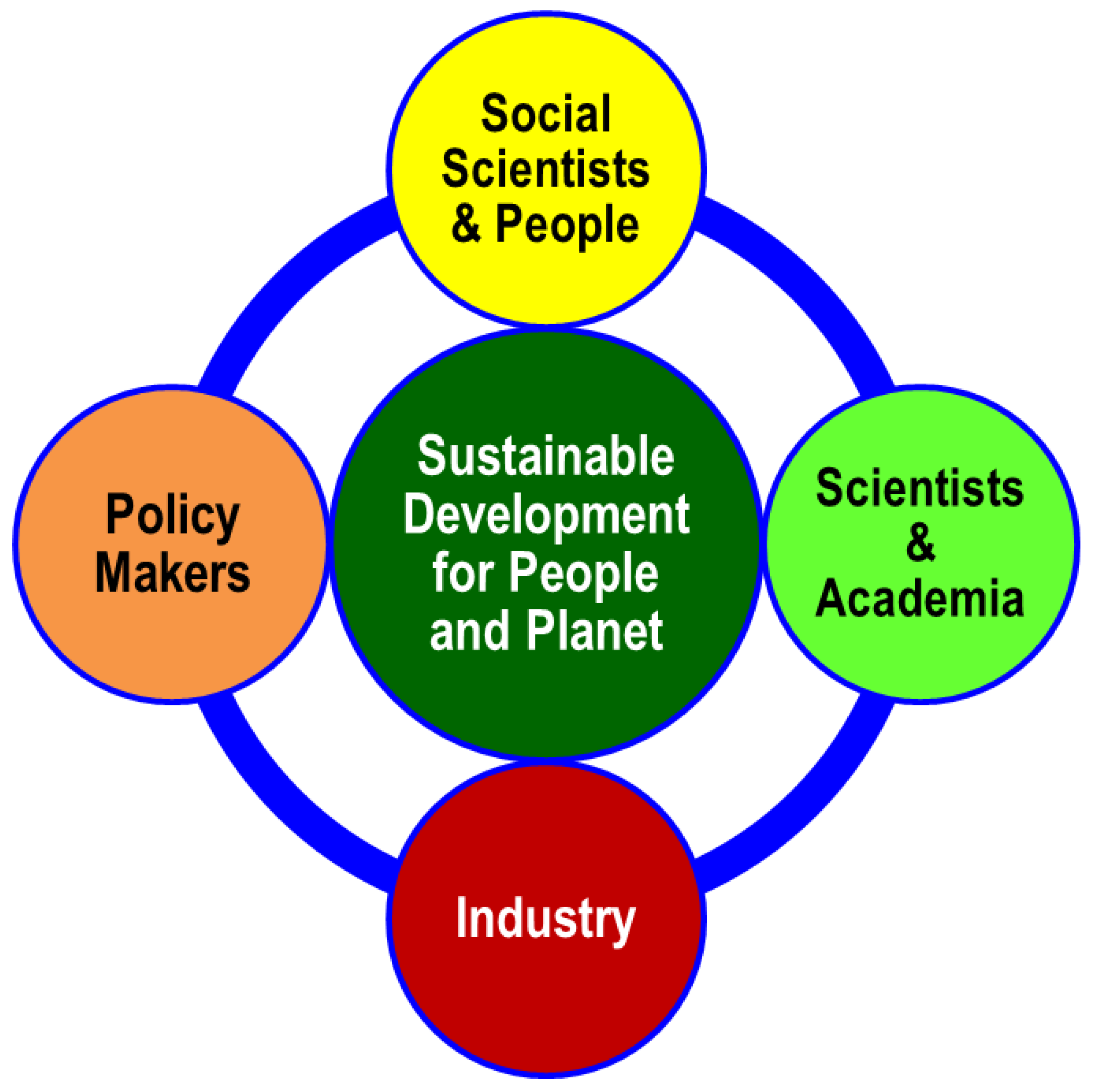Global Goals and Global Sustainability
Conflicts of Interest
References
- Towards 2030: Counting and accountability matter. Lancet 2015, 386, 1312.
- United Nations Development Programme Home Page. Sustainable Development Goals (SDGs). Available online: http://www.undp.org/content/undp/en/home/mdgoverview/post-2015-development-agenda.html (accessed on 21 September 2016).
- Rylance, R. Global funders to focus on interdisciplinarity. Nature 2015, 525, 313–315. [Google Scholar] [CrossRef] [PubMed]
- Viseu, A. Integration of social science into research is crucial. Nature 2015, 525, 291. [Google Scholar] [CrossRef] [PubMed]
- United Nations News Centre. UN Adopts New Global Goals, Charting Sustainable Development for People and Planet by 2030 (UN, 2015). Available online: http://www.un.org/apps/news/story.asp?NewsID=51968#.VgtIdOyqpHw (accessed on 23 September 2016).

| No | Sustainable Development Goals | No | Sustainable Development Goals |
|---|---|---|---|
| 1 | End poverty in all its forms everywhere | 10 | Reduce inequality within and among countries |
| 2 | End hunger, achieve food security and improved nutrition and promote sustainable agriculture | 11 | Make cities and human settlements inclusive, safe, resilient and sustainable |
| 3 | Ensure healthy lives and promote well-being for all at all ages | 12 | Ensure sustainable consumption and production patterns |
| 4 | Ensure inclusive and equitable quality education and promote lifelong learning opportunities for all | 13 | Take urgent action to combat climate change and its impacts |
| 5 | Achieve gender equality and empower all women and girls | 14 | Conserve and sustainably use the oceans, seas and marine resources for sustainable development |
| 6 | Ensure availability and sustainable management of water and sanitation for all | 15 | Protect, restore and promote sustainable use of terrestrial ecosystems, sustainably manage forests, combat desertification, and halt and reverse land degradation and halt biodiversity loss |
| 7 | Ensure access to affordable, reliable, sustainable and modern energy for all | 16 | Promote peaceful and inclusive societies for sustainable development, provide access to justice for all and build effective, accountable and inclusive institutions at all levels |
| 8 | Promote sustained, inclusive and sustainable economic growth, full and productive employment and decent work for all | 17 | Strengthen the means of implementation and revitalize the global partnership for sustainable development |
| 9 | Build resilient infrastructure, promote inclusive and sustainable industrialization and foster innovation |
© 2016 by the author; licensee MDPI, Basel, Switzerland. This article is an open access article distributed under the terms and conditions of the Creative Commons Attribution (CC-BY) license (http://creativecommons.org/licenses/by/4.0/).
Share and Cite
Bhore, S.J. Global Goals and Global Sustainability. Int. J. Environ. Res. Public Health 2016, 13, 991. https://doi.org/10.3390/ijerph13100991
Bhore SJ. Global Goals and Global Sustainability. International Journal of Environmental Research and Public Health. 2016; 13(10):991. https://doi.org/10.3390/ijerph13100991
Chicago/Turabian StyleBhore, Subhash Janardhan. 2016. "Global Goals and Global Sustainability" International Journal of Environmental Research and Public Health 13, no. 10: 991. https://doi.org/10.3390/ijerph13100991
APA StyleBhore, S. J. (2016). Global Goals and Global Sustainability. International Journal of Environmental Research and Public Health, 13(10), 991. https://doi.org/10.3390/ijerph13100991




